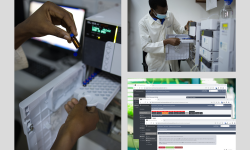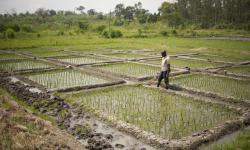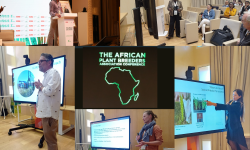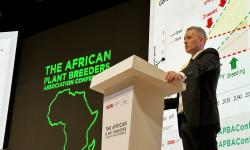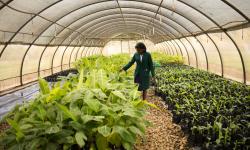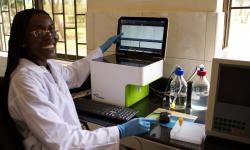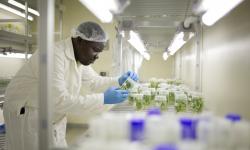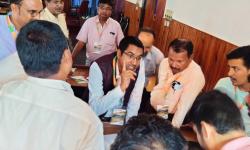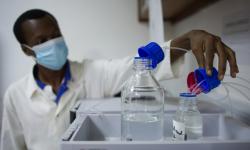All news and blogs
Breeding Resources Initiative 2023 Progress Report
EiB news | Julie Puech | 13/2/2024
By Sharifah Syed Alwee, Senior Director, Breeding, and Research Services Breeding Resources Initiative's 2023 Progress Report can be found here.Dear readers,As we step into 2024, we wanted to take a moment to reflect on the remarkable strides achieved by...
Introducing CGIAR Breeding Resources Service Request Portal for Streamlined Services
EiB news | Julie Puech | 7/12/2023
A faster and easier way to order and track key servicesA new Breeding Resources Service Request Portal is now available to make it easier for users to request and track a large range of CGIAR...
Impact | Julie Puech | 30/11/2023
The low utilization of mechanization within CGIAR-NARES breeding programs in Africa is limiting their effectiveness and...
5 research areas to remember from the African Plant Breeders Association 2023 Conference
EiB news | Julie Puech | 15/11/2023
In Africa, people mostly eat what they grow, and the potential for trade and processed foods largely depends on how much they can produce. But the population is growing rapidly – by 2050, it...
EiB news | Julie Puech | 3/11/2023
How can Africa leverage genetic innovations to support resilient food systems in the wake of global shocks? That's the pressing question CGIAR's Genetic Innovation...
EiB news | Julie Puech | 5/10/2023
In a stride towards enhancing breeding modernization and supporting smallholder farmers, the Federal Ministry for Economic Cooperation and Development (BMZ) of...
Price adjustment for genotyping shared services from August 2023
EiB news | Adam Hunt | 2/8/2023
Due to the recent inflationary pressures affecting various industries, including ours, a price adjustment of our Breeding Resources Initiative's genotyping shared services is scheduled to come into effect by the 15th of August. At CGIAR’s Breeding...
